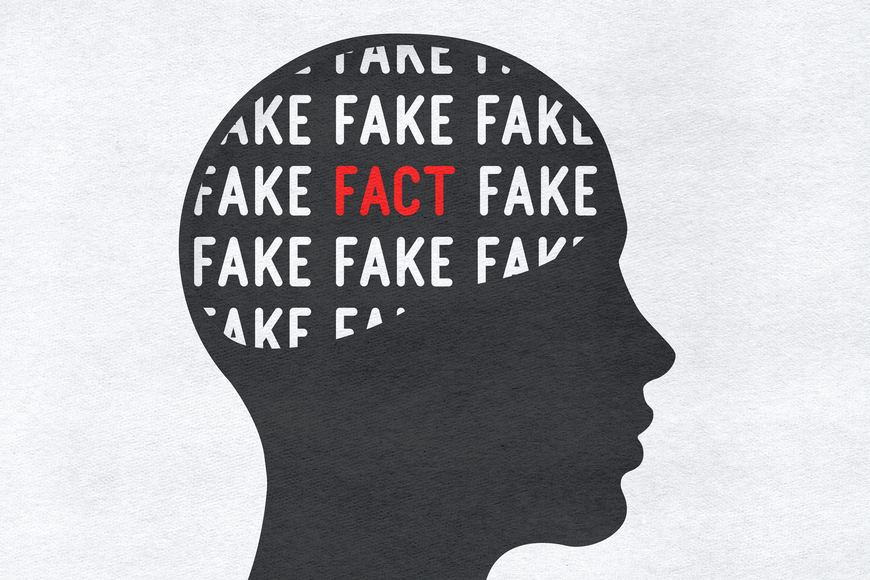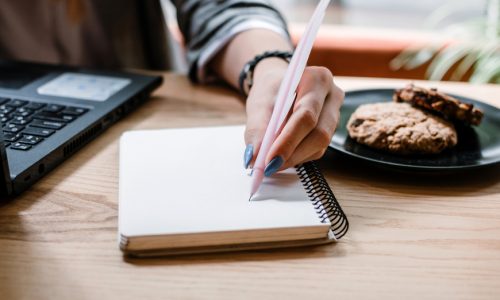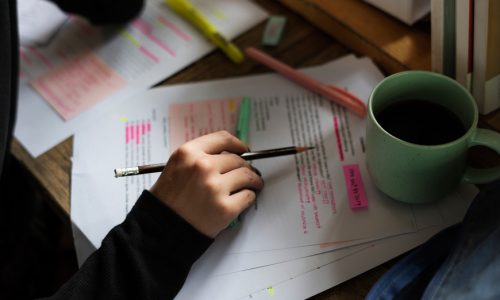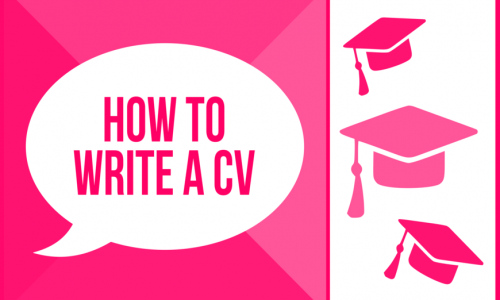The Fact Checking Methods course is designed to equip participants with essential skills and techniques for accurately verifying information and detecting misinformation in today’s fast-paced and information-rich world. Throughout this comprehensive program, students will develop a strong foundation in the essentials of fact checking, enhance their fact-checking skills, delve into advanced fact checking issues, and learn how to effectively apply their learning in practical scenarios.
In the first module, participants will explore the essentials of fact checking, gaining a solid understanding of the principles and methodologies used to assess the accuracy and credibility of various types of information. They will learn how to critically evaluate sources, distinguish between reliable and unreliable information, and identify common pitfalls and biases that can distort the truth.
Building upon these fundamentals, the course progresses to the second module, where participants will develop and refine their fact checking skills. They will delve into advanced techniques such as reverse image searching, metadata analysis, and social media verification. Participants will also learn how to effectively fact check multimedia content, including images, videos, and audio recordings, enabling them to tackle the challenges posed by digital manipulation and deepfakes.
The third module of the course addresses advanced fact checking issues, equipping participants with the knowledge and tools to handle complex topics and controversial claims. They will explore strategies for fact checking statistics, scientific studies, and political statements, while also considering the ethical implications and challenges associated with debunking misinformation in sensitive contexts.
In the final module, participants will apply their learning by engaging in practical exercises and case studies. They will work on fact-checking assignments, simulate real-world fact-checking scenarios, and collaborate with peers to evaluate and verify information across a variety of subjects. This hands-on approach ensures participants can effectively apply their fact-checking skills in diverse settings, such as journalism, research, advocacy, and public information campaigns.
By the end of the Fact Checking Methods course, participants will have gained a comprehensive understanding of the principles, techniques, and challenges involved in fact checking. They will possess the skills and confidence necessary to critically analyze information, uncover falsehoods, and promote accuracy in an increasingly interconnected world.
What you’ll learn
- The essentials of fact checking, including principles and methodologies for assessing information accuracy and credibility.
- Critical evaluation skills to distinguish reliable sources from unreliable ones.
- Techniques for fact checking multimedia content, such as images, videos, and audio recordings.
- Advanced fact checking methods, including reverse image searching, metadata analysis, and social media verification.
- Strategies for fact checking statistics, scientific studies, and political statements.
- Ethical considerations and challenges in debunking misinformation.
- How to apply fact checking skills in practical scenarios through hands-on exercises and case studies.
- Collaborative skills to work with peers in evaluating and verifying information.
- The ability to effectively debunk misinformation in various contexts, such as journalism, research, advocacy, and public information campaigns.
- Increased confidence in critically analyzing information and promoting accuracy in the interconnected digital landscape.
Who this course is for:
- Journalists and reporters seeking to enhance their fact-checking skills and ensure the accuracy of their articles.
- Researchers and academics who need to critically evaluate information and verify the credibility of sources.
- Professionals in public information roles who want to combat misinformation and promote accurate knowledge.
- Advocacy groups and activists aiming to verify claims and counter false narratives effectively.
- Students and educators interested in developing critical thinking skills and promoting information literacy.
- Social media managers and content creators who want to ensure the accuracy of the information they share.
- Individuals concerned about the spread of misinformation and seeking practical tools to combat it.
- Professionals in fields such as law, marketing, and public relations who need to assess the accuracy of claims.
- Anyone interested in developing fact-checking skills to make informed decisions and engage in constructive discussions based on reliable information.
- No prior knowledge of fact checking is required, making this course accessible to beginners as well as those with some background in the field.
Requirements
- There are no specific prerequisites or prior qualifications necessary to enroll in the course.
- Basic computer literacy and internet navigation skills are recommended.
- Access to a reliable internet connection to participate in online materials and activities.
- A computer or device capable of playing multimedia content (images, videos, audio) for fact-checking exercises.
Course Features
- Lectures 14
- Quiz 0
- Duration 1h 36m
- Skill level All levels
- Language English
- Students 1
- Certificate Yes
- Assessments Yes
Curriculum
- 5 Sections
- 14 Lessons
- 365 Days
- Essentials of Fact Checking4
- Fact Checking Skills6
- Advanced Fact Checking Issues2
- Applying Your Learning1
- Premium Certificate & Transcript1
